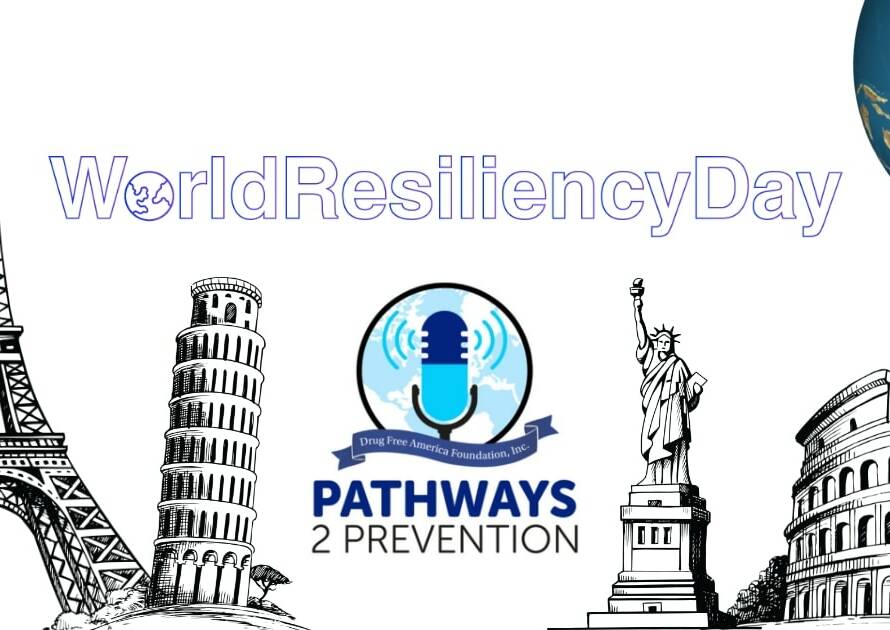The ‘Philosophy’ of Science – The Need for “Soul Talk”?
In a poignant piece by certified professional leadership coach Jacqueline Huntly, she exhorts not only the value of whole of person care but offers credible avenues by which to not only add value, but more importantly, builds resilience into medical professionals and consequentially their clients and/or patients. The following excerpt opens the conversation…
Beyond resilience: the urgent call for “soul talk” in medicine
Burnout: “An erosion of the soul caused by a deterioration of one’s values, dignity, spirit, and will.” – Christine Maslach (The Truth about Burnout by Maslach and Leiter)
The word “soul” captures our attention by speaking in a language that bypasses the superficial, connecting directly to our deepest values and thoughts. In the context of burnout and moral injury, it is a word whose use speaks to the depth of the wound that the dysfunction in our health care system has inflicted on the innermost core of health care workers. In our technological, scientific world, the temptation to steer away from the uncomfortable magnitude of such a word, or others like it – heart, spirit, essence, life, being – is predictable, but ultimately inexcusable. Banal words create trite solutions. Only the use of a word that encapsulates the essence of our humanity can create the gravity and urgency needed for action.
Although the ultimate solutions to our current health care dysfunction are systemic, the immediate care and restoration of our “wounded, tattered souls” are personal.
In medicine, we aim for precision in our use of words to discuss the illnesses of our patients. To describe what ails physicians trying to navigate cultures of disrespect, mass productivity, and perverse incentives, we need more than those tired workhouses – resilience and well-being. We need a word that speaks to the loss of meaning; of values in conflict; of sadness and grief; of isolation and loneliness.
We need “soul talk.”
The word “soul” thwarts the whitewashing of the truth. It demands that we honestly embrace, treasure, and protect the essence of our being. Who better to challenge and encourage us to return to the driver’s seat of our lives than those masters of language and reflection – writers of prose, poetry, philosophy.
The article, which you can complete ready further on, presents 6 key areas of care that need to be invested in.
- Presence: Finding space to stay centered and grounded within the relentless chaos of everyday life and work is the foundation for bringing ourselves into the moment.
- Self-compassion: Self-compassion allows us to get out of our way, get unstuck, and embrace the reality, beauty, and messiness of being human and imperfect.
- Purpose, meaning, and vision: We enter medicine with a vision for a life that has meaning and purpose. This purpose emanates from deep inside us and sustains us through the sacrifices and hard work that are intrinsic to a career in medicine. Nothing is more crushing to the soul of a physician than to see the quality and purpose of their work compromised and put in jeopardy.
- Know thyself: These words are inscribed above the Temple of Apollo at Delphi. We may not ever “know ourselves,” but taking an honest, compassionate inventory of our values, strengths, challenges, and beliefs is the first step on our journey of self-knowledge. Without this process, we are, in essence, flying blind through life, allowing ourselves to be filled with the opinions, biases, and thoughts of others.
[“To know oneself, is above all, to know what one lacks. It is to measure oneself against the Truth, and not the other way around.”
Flannery O’Connor (The Fiction Writer and His Country)]
- Connection: Finding and creating our own “tribe” nourishes us physically and nurtures our mental health, adding vitality, comfort, and support into our lives.
- Creativity and growth: The practice of medicine demands an ongoing engagement with flesh and blood; joy and sorrow; hope and despair; suffering and healing. Physicians weave vital clinical knowledge and skills with the demanding, unpredictable, gut-wrenching, and heartwarming experiences that characterize the complexity of humanity. This well of compassion needs to be constantly replenished.
“Soul talk” embodies reality, lucidity, compassion, and imagination. It symbolizes a personal declaration for truth, change, and healing. It is a conversation worth having.
For complete article go to Source: KevinMD.Com: Jacqueline Huntly works as a career and leadership development coach. She is founder, Thrive to Lead MD, and is certified through the Physician Coaching Institute. She has extensive experience helping individual physicians navigate burnout, reinvent their clinical practice, transition into non-clinical work, and grow strong self-leadership skills that support well-being, career, and leadership. She is a retired board-certified preventive medicine physician.




